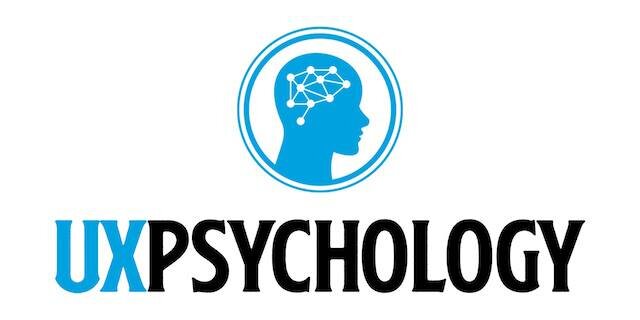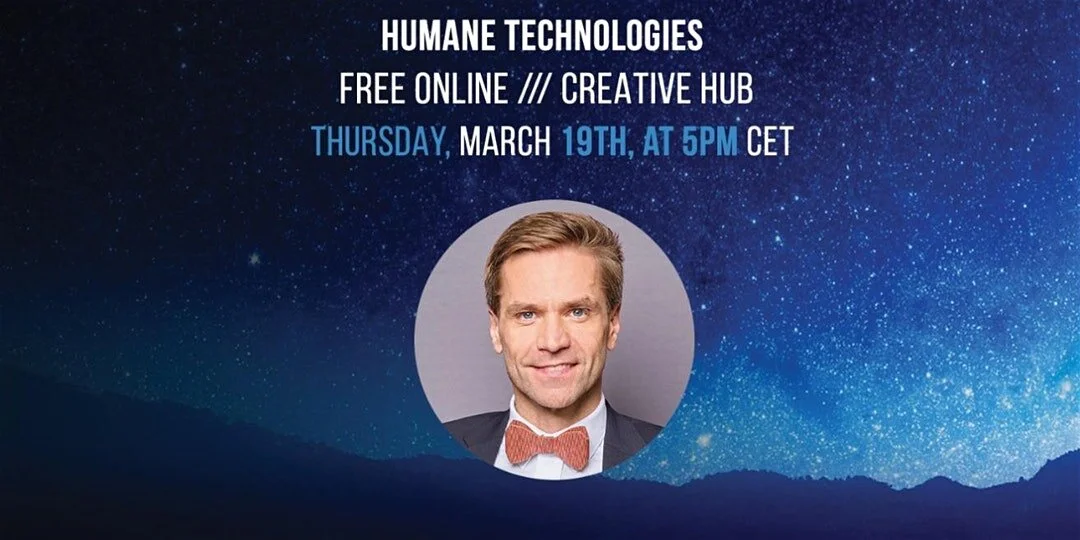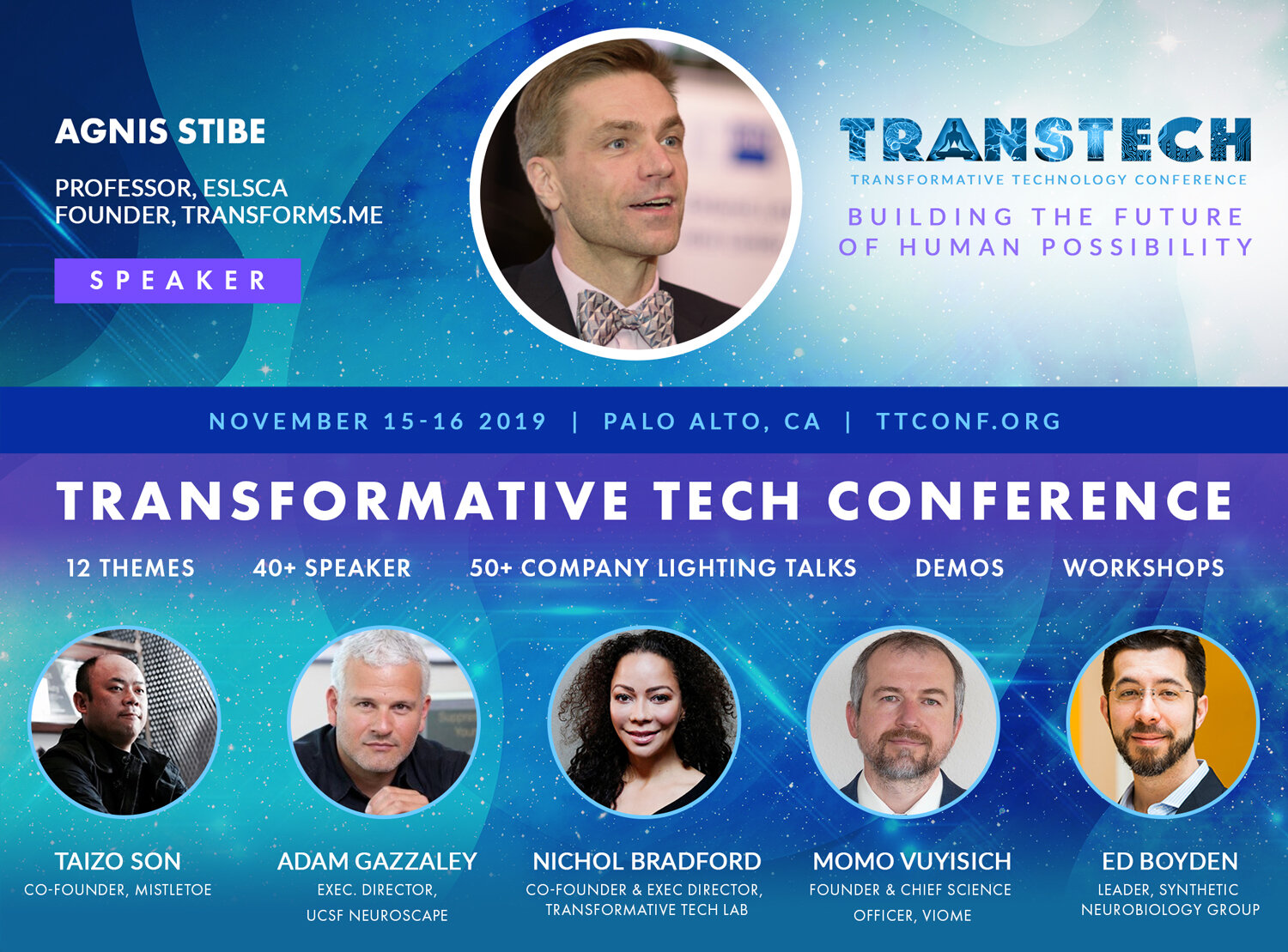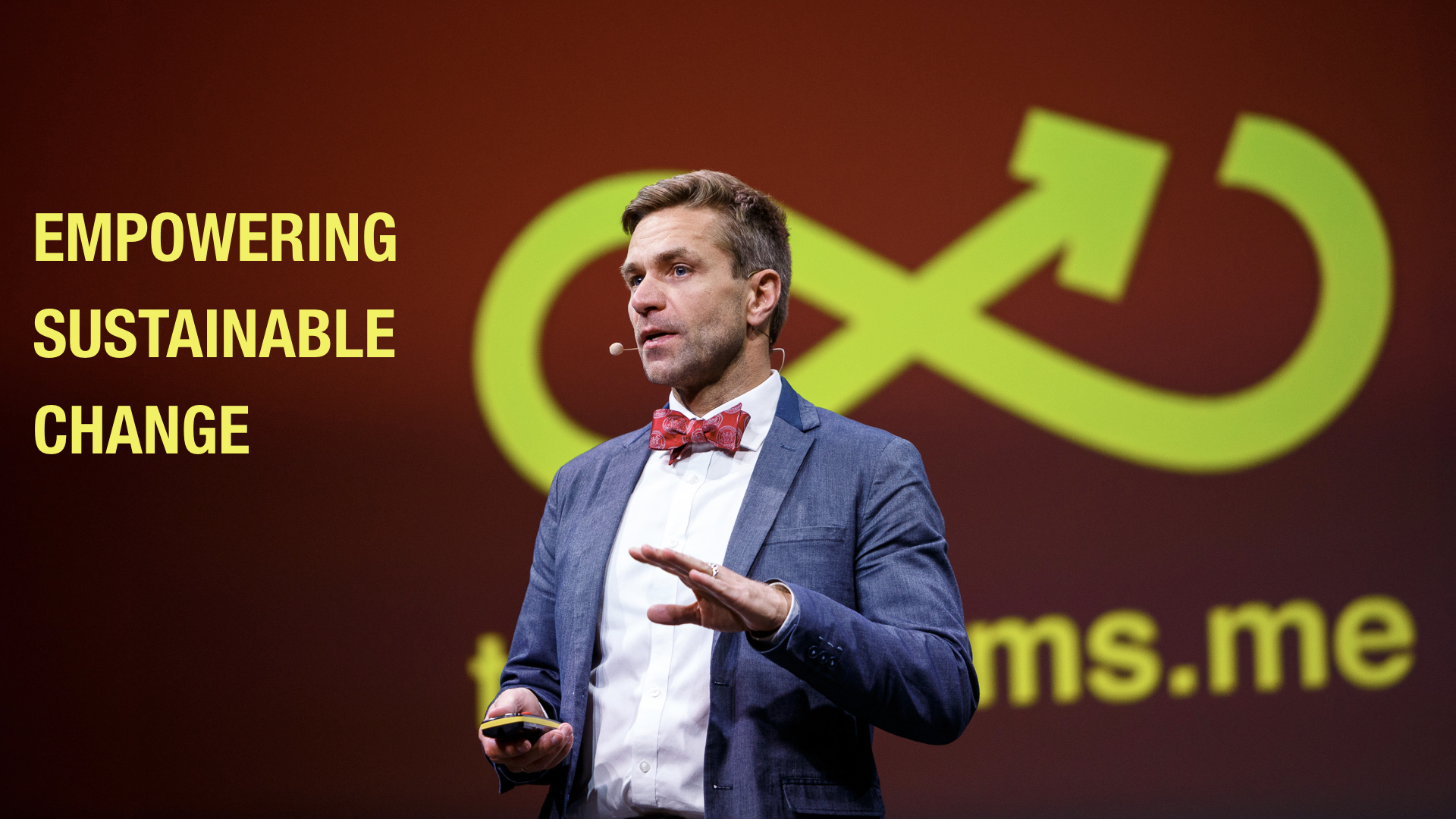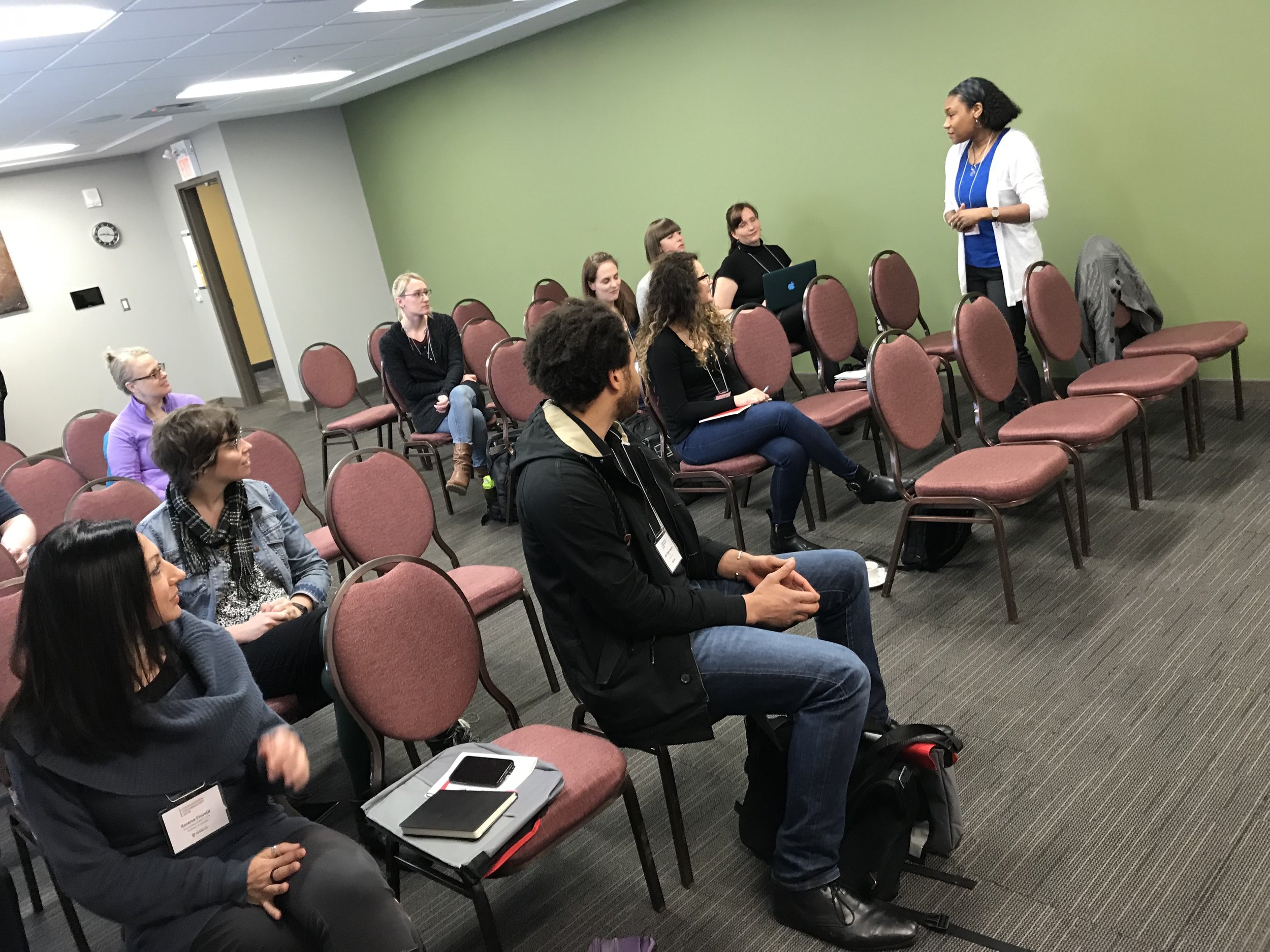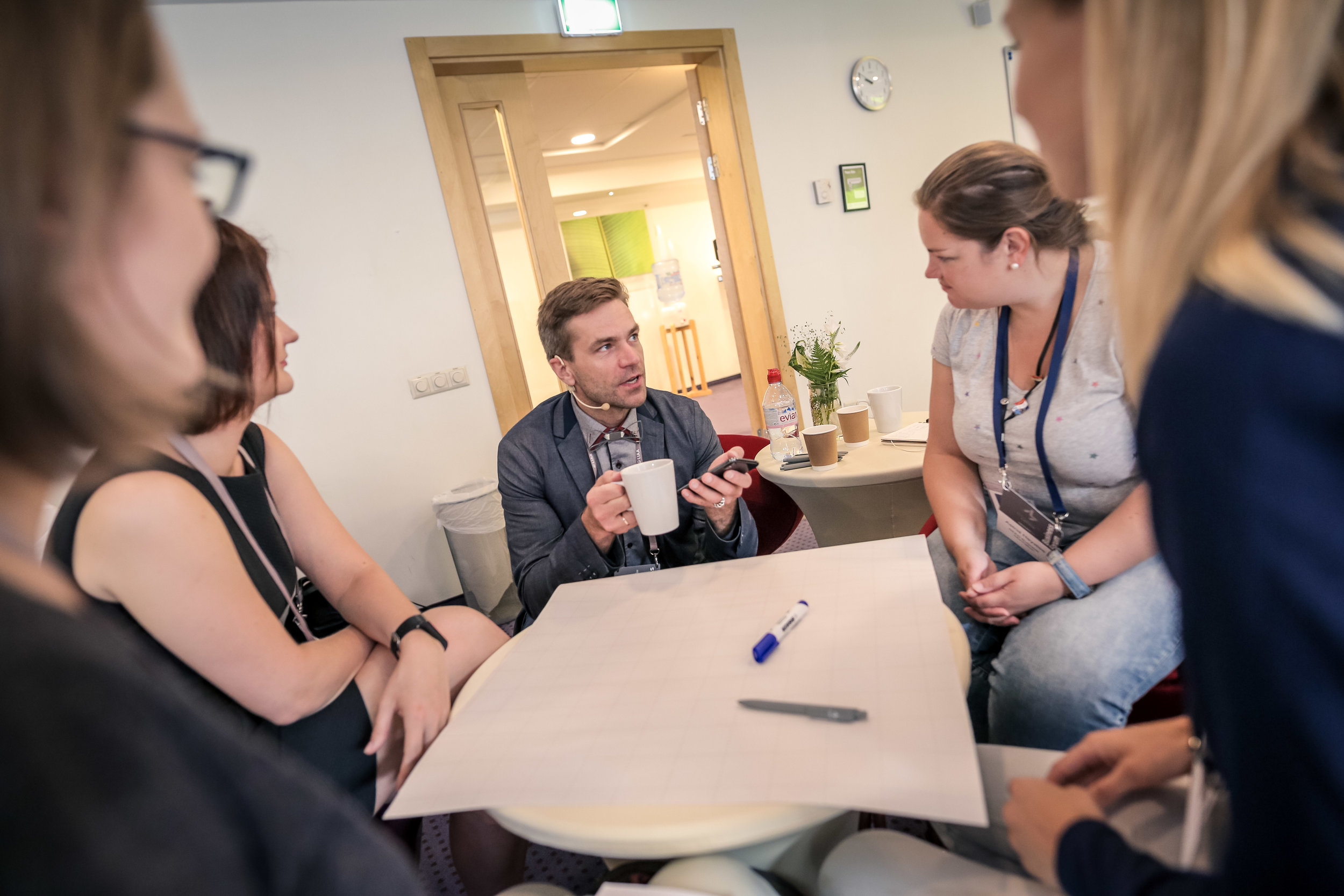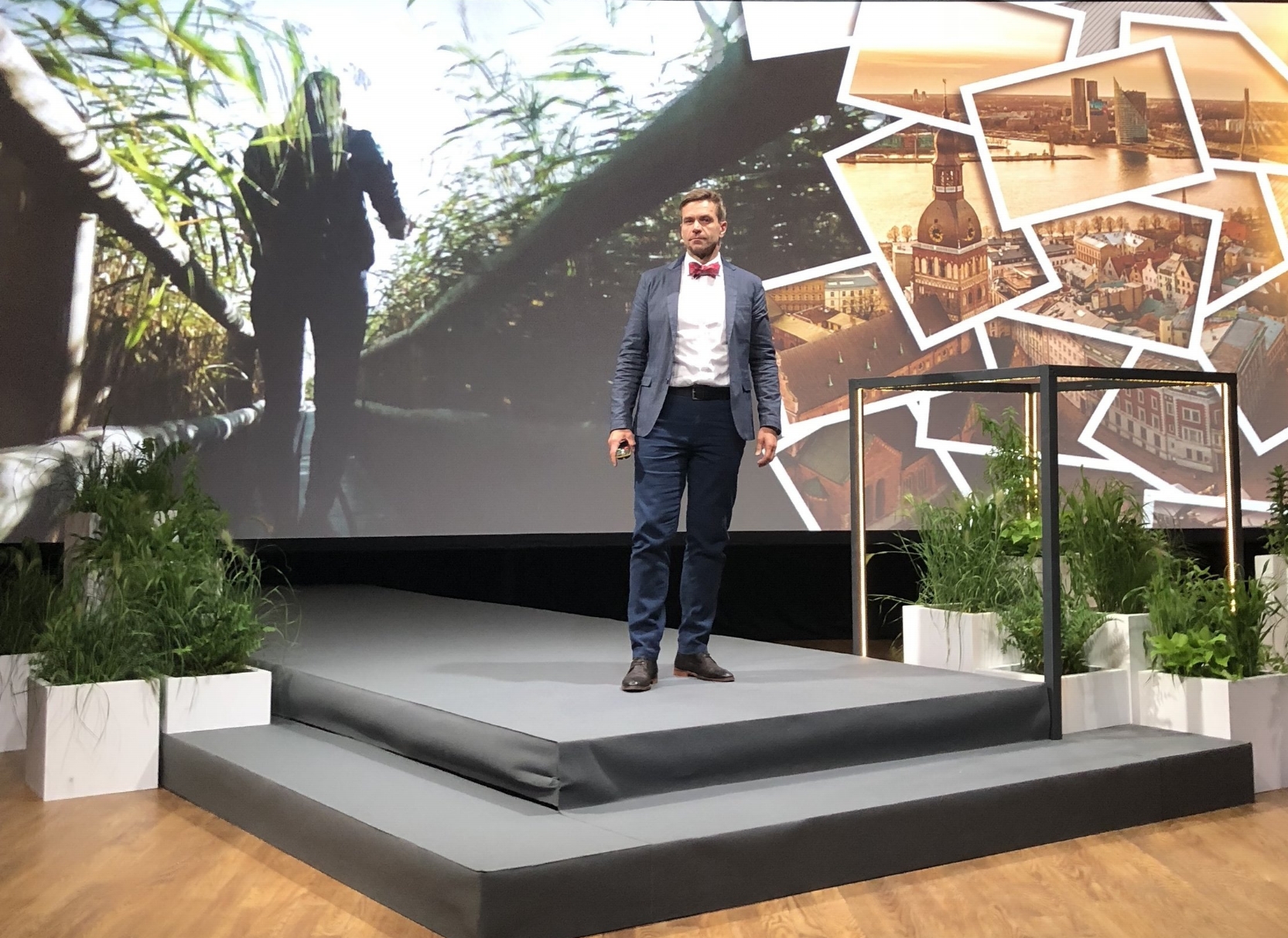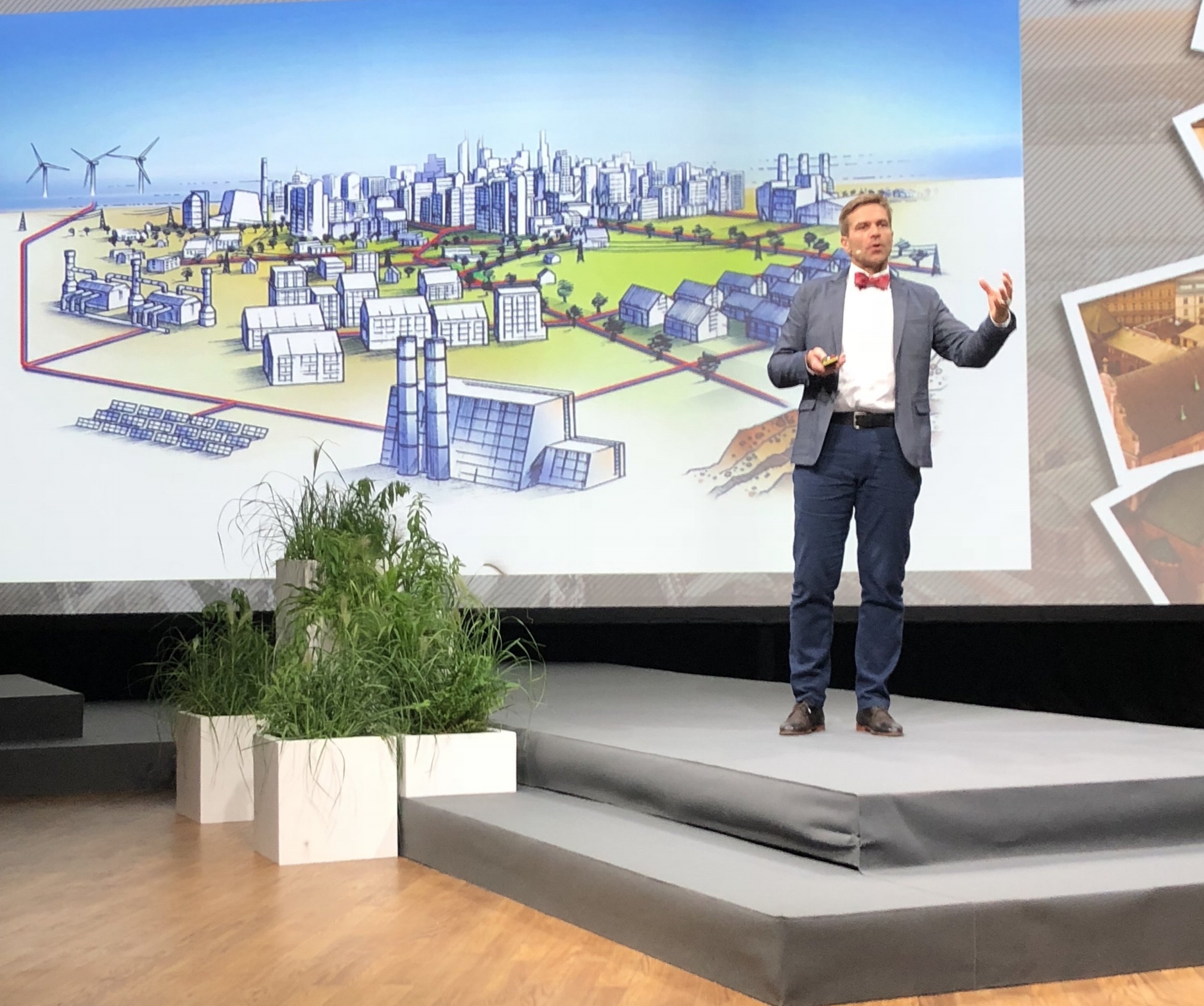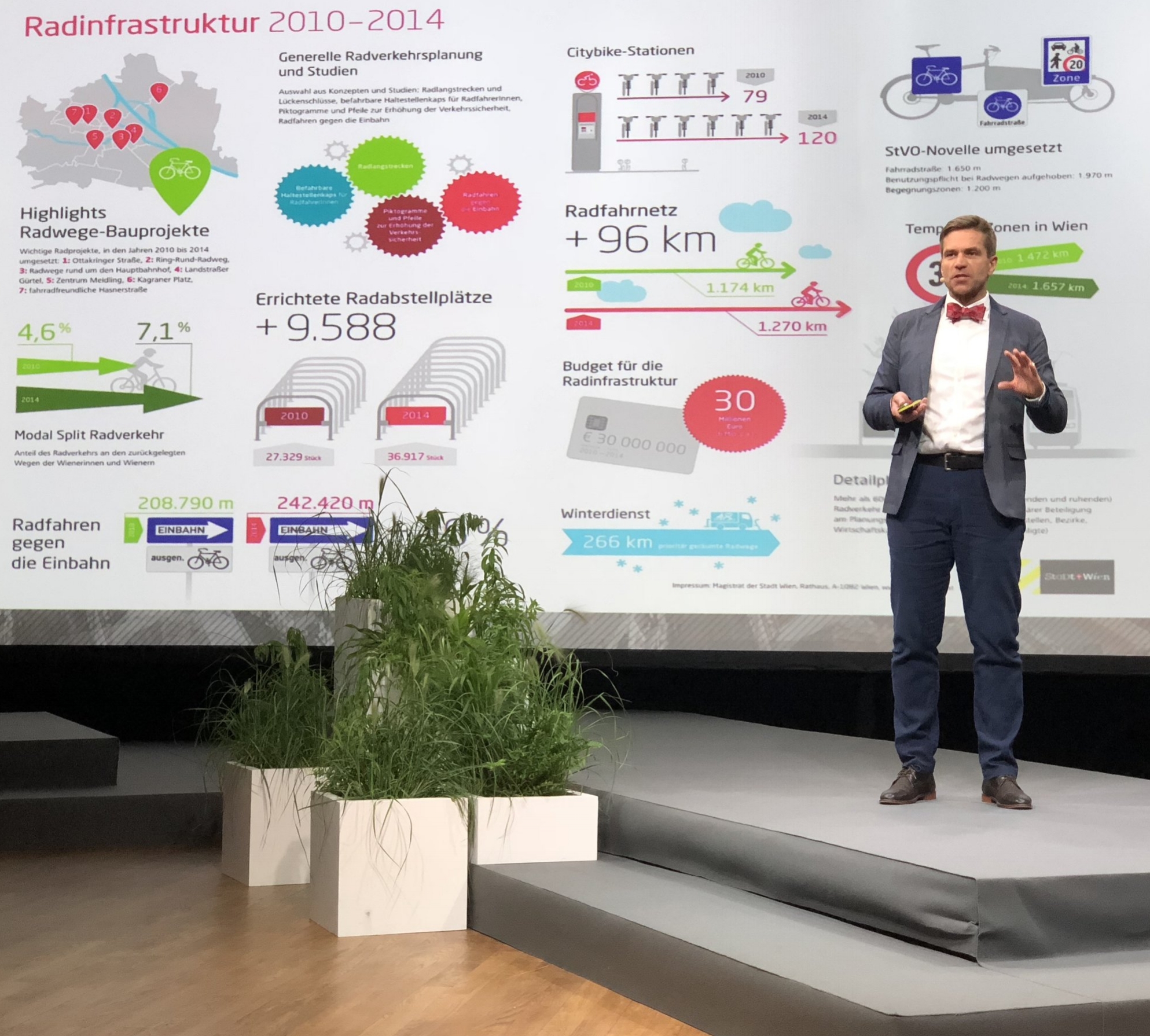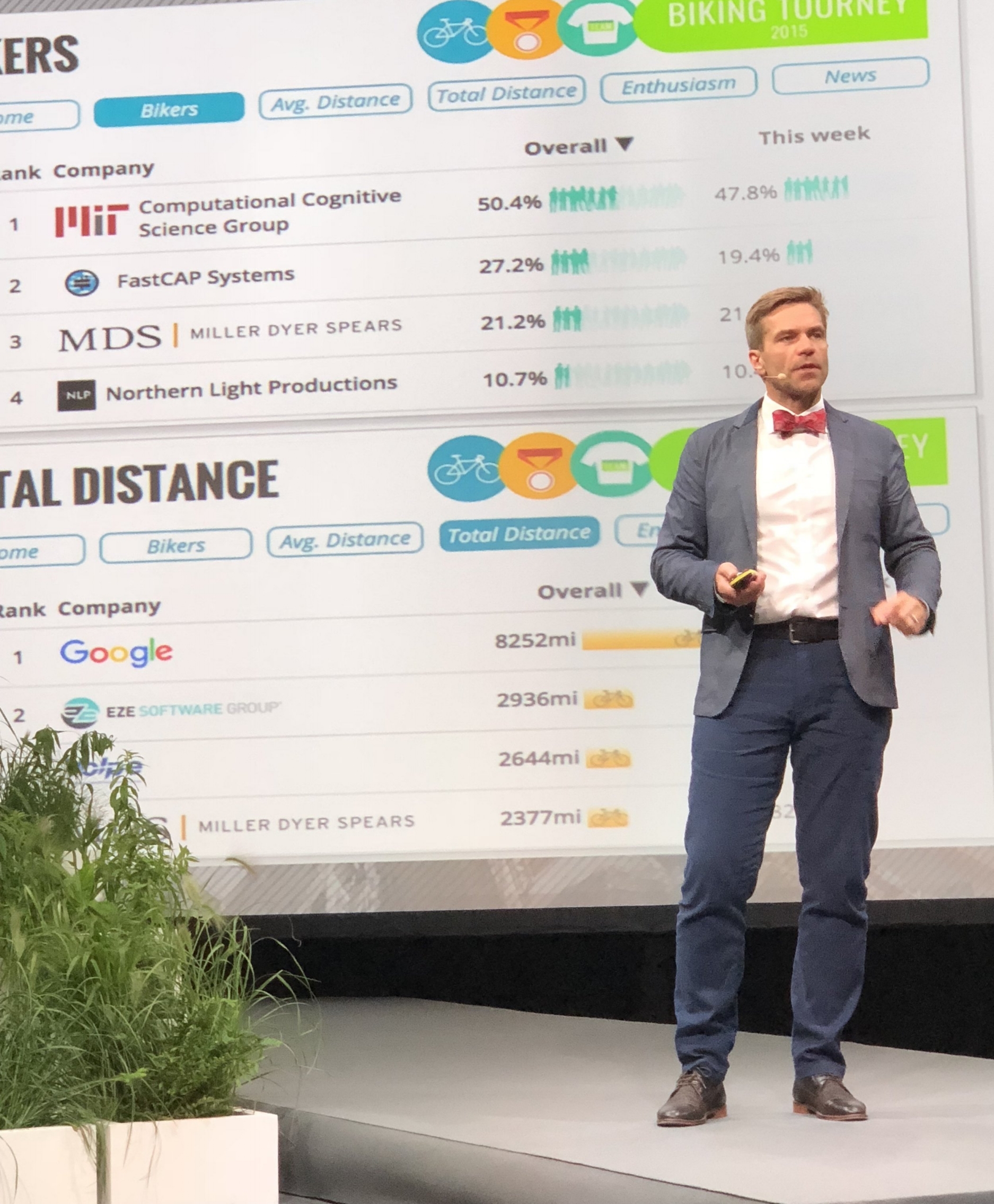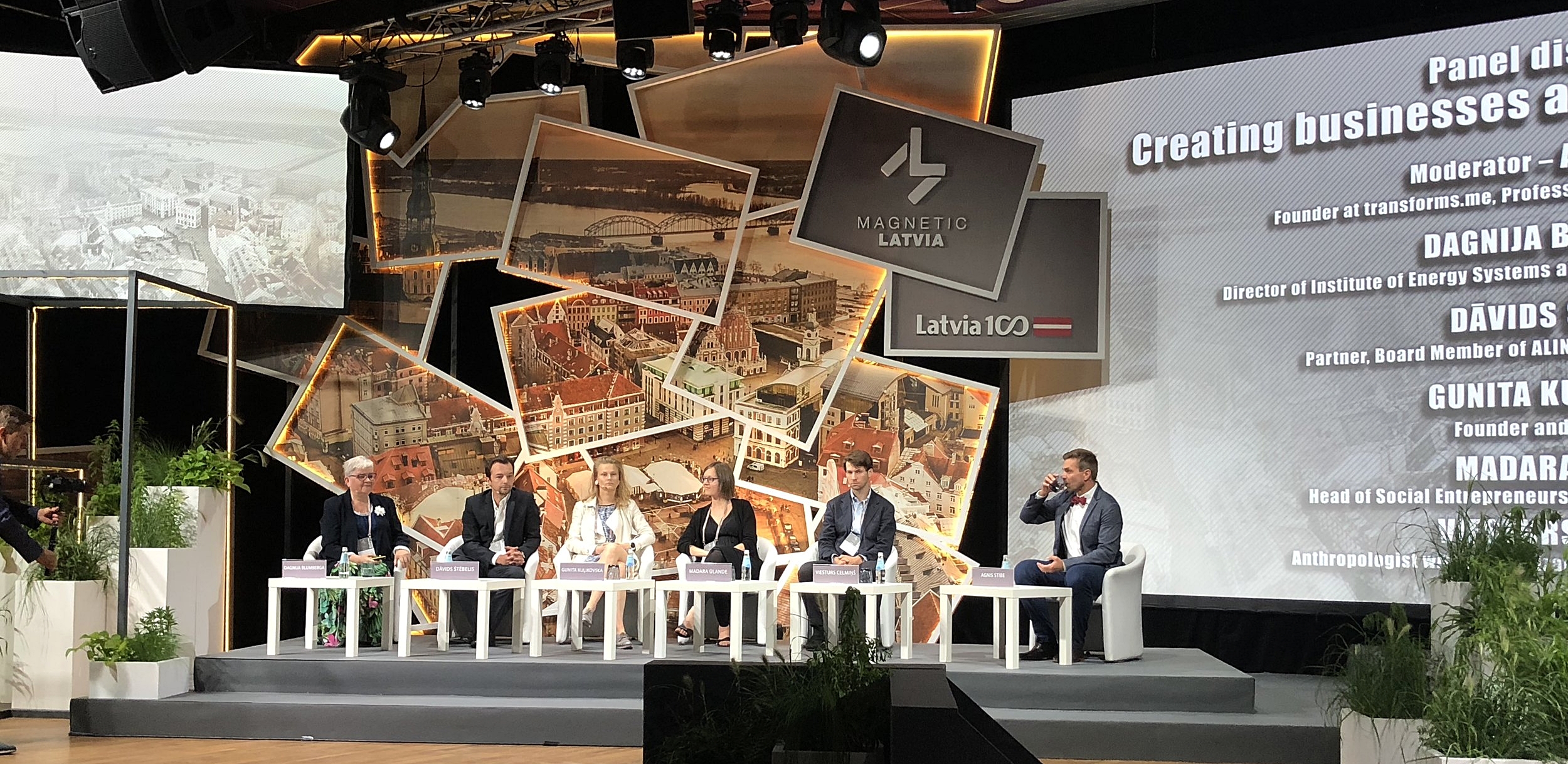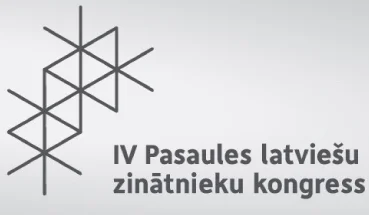Motivation
Present knowledge on Persuasive Technology (PT) often reveals how behavior change designs and interventions are limited in sustaining their effects [6]. There is an increasing need for novel ways to create PT that helps people not only to achieve their goals, but also supports everyone to maintain their new habits. Such PT should ultimately empower people to succeed in their desired transformations. Therefore, this tutorial will cover conceptual frameworks for designing and evaluating PT aimed at achieving sustainable transformations of our lives towards wellbeing. The tutorial will introduce and explain how Transforming Sociotech Design (TSD) contributes to the existing PT knowledge by extending our understanding beyond limitations of traditional behavioral change designs and interventions.
Frameworks
This tutorial is highly instrumental for researchers and practitioners designing PT, as it will provide and help internalize scientific frameworks for achieving permanent behavior change. TSD embodies fundamental understanding of the PT components that are essential for designing successful transformations, known as Socially Influencing Systems [11], Computer-Supported Influence [10], Persuasive Cities [13], Persuasive Backfiring [12], and Persuasive Design for Sustainability [8].
Socially Influencing Systems
The framework of Socially Influencing Systems [11] describes perpetual mechanisms to foster user motivation as compared to conventional methods, such as those that are based incentives and punishments. Socially Influencing Systems harness social influence from crowd behavior to craft influential messaging aimed at shifting behavior and attitude of an individual, who naturally is an integral part of the same crowd. Such continuous interplay can ultimately result in an ongoing process that has the capacity to transform lives without any other mechanisms.
Computer-Supported Influence
The framework of Computer-Supported Influence [10] in the realm of PT distinguishes four types of persuasion, i.e. interpersonal persuasion, computer-mediated persuasion, computer-moderated persuasion, and human-computer persuasion. This framework outlines a sharper conceptual representation of the key terms in transforming design, drafts a structured approach for better understanding of the influence typology, and presents how computers can be moderators of social influence.
Persuasive Cities
The framework of Persuasive Cities [13] aims at improving wellbeing across societies through applications of socio-psychological theories and their integration with conceptually new urban designs. This research presents an ecosystem of future cities, describes three generic groups of people depending on their susceptibility to persuasive technology, explains the process of defining behavior change, and provides tools for social engineering of Persuasive Cities.
Persuasive Backfiring
The framework of Persuasive Backfiring [12] provides tools to aid academics and designers in the study of behavior change interventions that produce unintended negative outcomes, presents a taxonomy of backfiring causes, and describes an analytical approach containing the intention-outcome and likelihood-severity matrices. This framework also introduces and locates dark patterns within the PT research.
Persuasive Design for Sustainability
The framework on Persuasive Design for Sustainability [8] originates from two previously established frameworks of a cognitive dissonance model for persuasive design for sustainability and a system development lifecycle (SDLC) process in design for sustainability. The established SDLC of Persuasive Design for Sustainability introduces a novel methodology for designing solutions that confront the problems of developing a persuasive system that transforms behaviors towards a set goal like sustainability.
Impact
This tutorial will address highly important research direction that influences the future of PT and our ever-increasing technology-supported environments [13]. According to social sciences [1], environmental, personal, and behavioral factors are locked into triadic reciprocal determinism, meaning that all three are strongly interconnected and continuously reshaping each other. Thus, environmental design is a strong influencer on human behavior and attitude. In other words, quite often it is merely sufficient to improve our digitally-equipped spaces to achieve better lives [10]. This is a very powerful vision as it encompasses not only behavior change but also a potential transformation of human behavior at scale [13]. This collection of knowledge on TSD will empower the scholars and designers participating in this tutorial session to create PT that makes behavioral and attitudinal changes last. Moreover, the tutorial will share also knowledge about strategies from rhetoric [4], psychology [1, 5], neuroscience [2, 5], and social influence [11] that can lead to attitudinal transformation. By definition, this tutorial will also transform the way participants see the potential of PT in attaining long-term permanent behavioral changes at all scales, be it at individual, group, or societal levels.
Outcomes
The tutorial will provide participants with frameworks and models that has been proven to be effective in helping to achieve permanent behavior changes and attitudinal transformations. Knowledge about strategies from rhetoric [4], psychology [1, 5], neuroscience [2, 5], and social influence [11] will be put on the table for everyone to learn, experience, design, and apply. The strategies will be applied hands on to learn how to make a difference and achieve transformations using real-life issues. Participants will expand their horizons of how the various frameworks connect, sometimes overlap, complement each other, and can be effectively combined to solve some of the most essential behavioral challenges we have today.
The main outcome of this tutorial for our persuasive technology community members will be their more advanced knowledge about and immediate capacity of applying the fundamental strategies and frameworks for transforming lives. Outcomes of this tutorial are instrumental for various contexts, including health [3], eHealth [14], education, games [7], sustainability [8], safety, wellbeing [9], emergency management, ecology, and economy. Ultimately, more refined scientific knowledge on how to design permanent behavior changes will be generated and translated into applicable guidelines for our PT community to foster transformation for the betterment of our future.
Information technology and computer systems will be increasingly designed to change behavior and help achieve better lives [2-6]. TSD overviews and explains how various frameworks and models can help scholars and developers to create PT that facilitates desired transformative effects on users. Persuasive technologies [6] will reshape human behavior in countless ways and some will continue to misuse strategies and fail their responsibility towards the betterment of human lives. Thus, more effort has to be put into educating and training [7] researchers and designers not only with insights on how to change behavior, but also include the responsibility and ethical mindsets that should be followed.
Organizers
Prof. Agnis Stibe from the world-renowned MIT Media Lab will bring very fresh and novel way how to design transformation. He established research on future Persuasive Cities that encourage healthy and sustainable routines. Prof. Stibe believes that our world can become a better place thought purposefully designed urban spaces that successfully blend technological advancements with human nature. His research is built upon socio-psychological theories to design long-lasting transformations of our lives. Agnis is an active member of PT community, frequently speaking at annual conferences and effectively collaborating with industry. He has worked for a number of Fortune 100 companies such as Hewlett-Packard and Oracle. He has received awards from the MIT Media Lab, Nokia Foundation, and more.
Anne-Kathrine Kjær Christensen has studied persuasive design at Aalborg University (cum laude) and was part of the Persuasive Technology community e.g. participating with a presentation at Persuasive 2007 at Stanford University regarding an article she wrote with Prof. Per Hasle. Since graduation in 2008 she has worked for both public and private companies. She has been the owner of her own company Specifii for about 3 years. She has worked as product owner for Telenor on a large omnichannel project and as product owner for the shipping company DFDS. She has also worked with customer insight + customer experience for several companies e.g. Dating.dk. Anne frequently speaks about Persuasive Technology at different meetups and conferences in Denmark.
Tobias Nyström is a researcher and PhD candidate with expertise in business studies and information systems. Tobias recent research has focused on sustainability combined with universal design, gamification, open innovation, system design, and persuasive technology. One of his papers, co-written with Moyen Mustaquim, was accepted to and presented at the PT conference in Chicago, IL, USA, April 2015.
Supportive Materials















